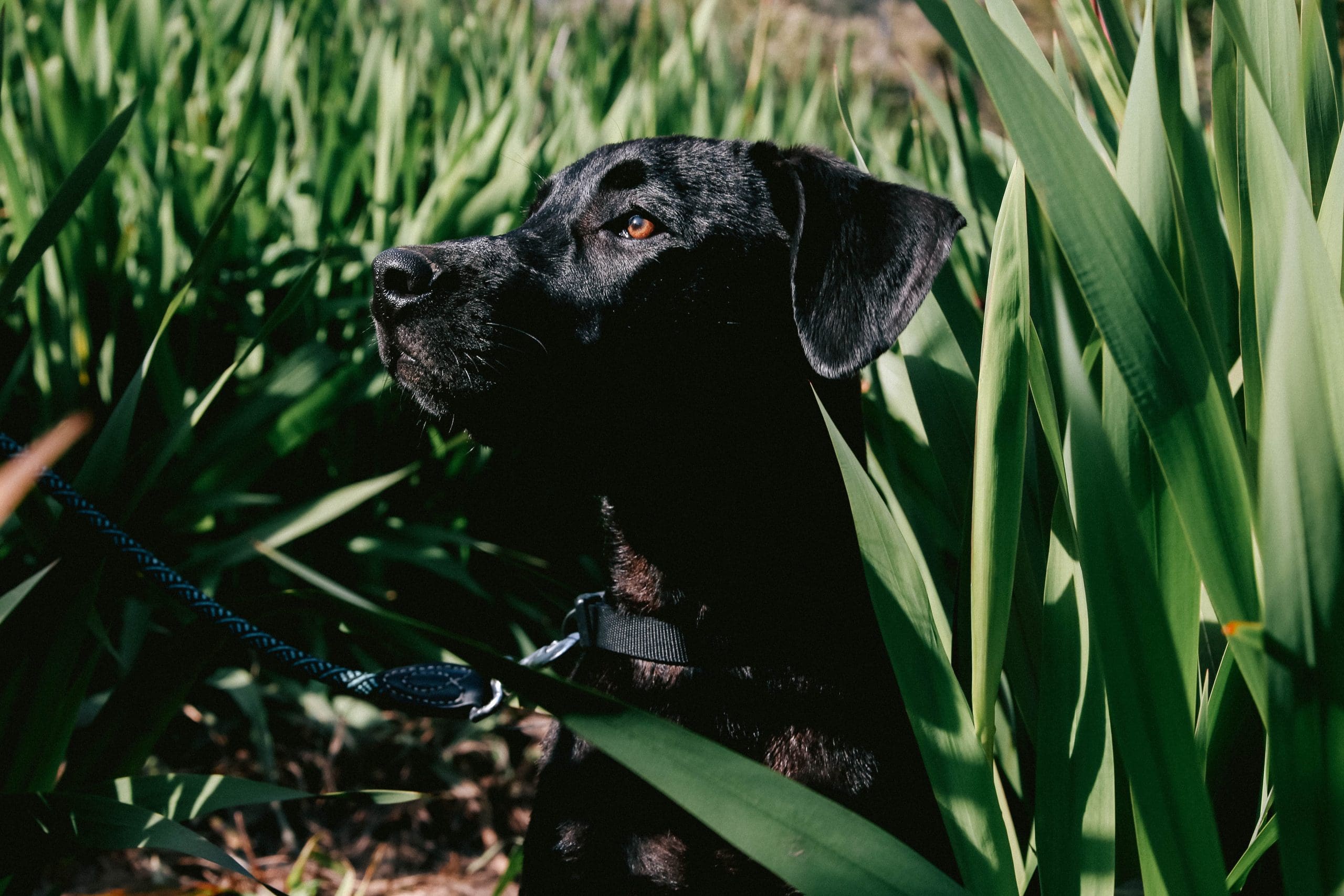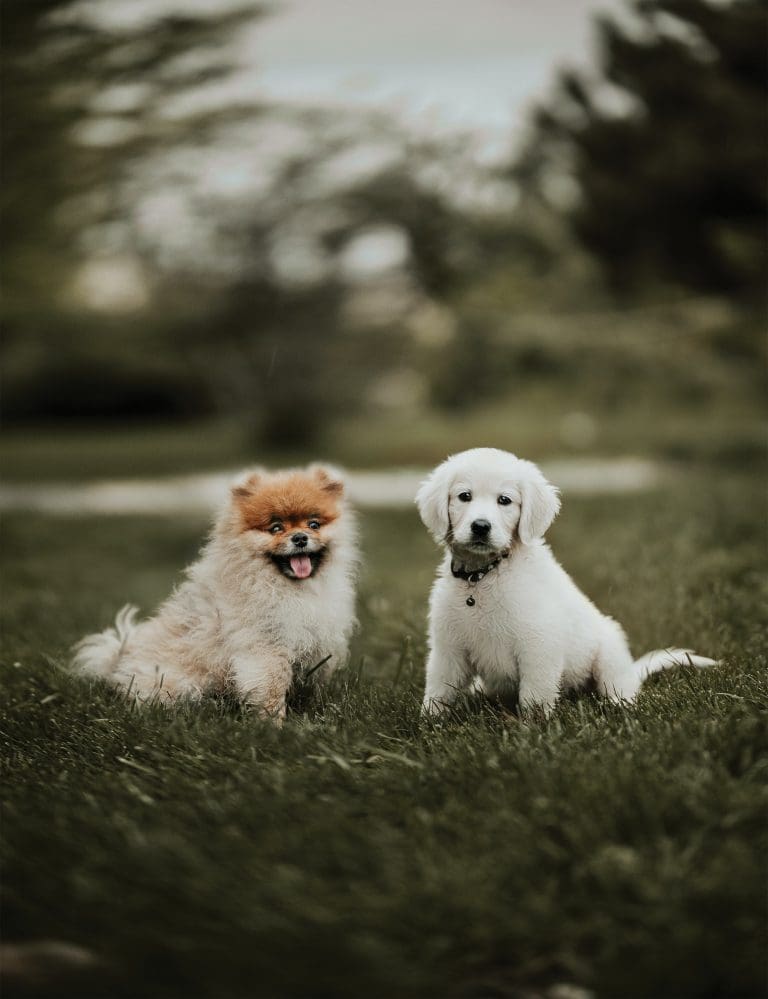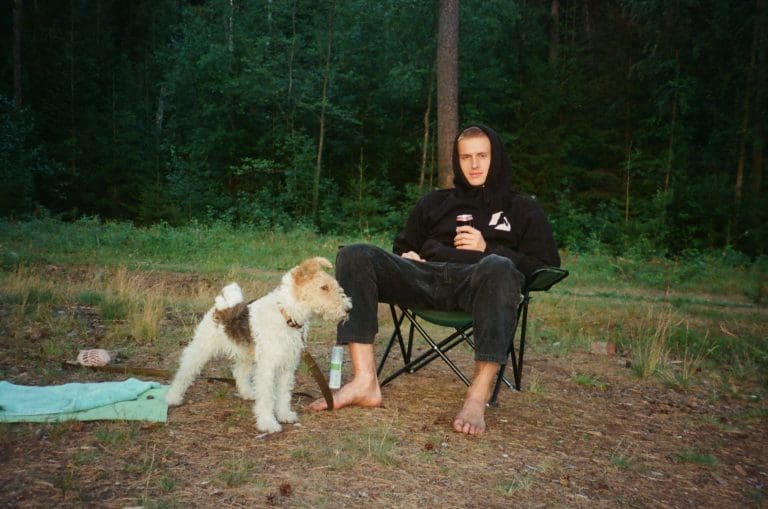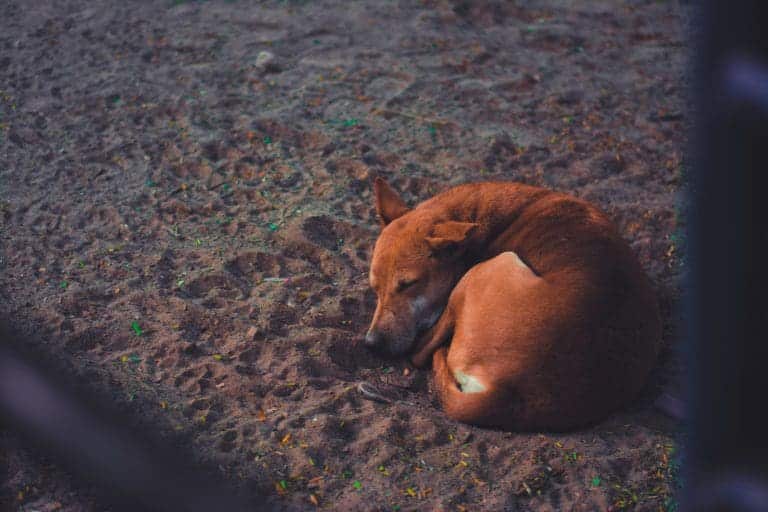How To Train A Chihuahua?
Post Date:
December 10, 2024
(Date Last Modified: December 10, 2024)
Training a chihuahua is a rewarding yet challenging endeavor. These small dogs possess big personalities, which can sometimes lead to stubbornness. To train a chihuahua effectively, it’s crucial to recognize their unique traits and adjust your approach accordingly. Patience, consistency, and positive reinforcement form the foundation of a successful training routine.
The Importance of Training
Chihuahuas are delightful companions that require proper guidance to cultivate good behavior. Their diminutive size often leads owners to underestimate the importance of training. It’s a common misconception that small dogs don’t need the same level of training as larger breeds. However, without proper training, chihuahuas can develop behavioral issues. Their strong will may come off as defiance, making early training essential for raising well-mannered adults.
Socialization Matters
One key aspect of training is socialization. Chihuahuas can be cautious in new environments and around unfamiliar people or pets. Early socialization is vital for helping them become well-adjusted and confident. Take your chihuahua to various places—parks, pet stores, and friends’ homes—to expose them to different sights, sounds, and experiences. Ensure these experiences are positive by rewarding them with treats and praise when they respond well. This builds confidence and encourages exploration.
Positive Reinforcement Techniques
Positive reinforcement is crucial in teaching any dog, especially chihuahuas. They respond well to rewards such as treats, praise, or playtime. When your chihuahua follows a command or displays good behavior, reward them immediately. This creates a positive association with the behavior, increasing the likelihood of repetition. Consistency is key; use the same commands and rewards each time to help your chihuahua understand what is expected.
Basic Commands
Start with simple commands like sit, stay, and come. Use a calm and clear voice to ensure your chihuahua hears and understands you. Conduct training sessions in a quiet environment with minimal distractions. Keep sessions short, around five to ten minutes, as chihuahuas have limited attention spans. As they master each command, gradually add distractions or practice in different locations.
House Training Essentials
House training is another crucial aspect of chihuahua training. Small dogs may have accidents if not properly trained. Establish a routine for potty breaks, taking your chihuahua outside frequently, especially after meals or playtime. Praise them when they go outside and never punish them for accidents in the house. Instead, clean up messes thoroughly to eliminate odors that may encourage repeated mistakes. Consistency and patience are vital during this phase.
Addressing Behavioral Issues
Obedience training can also help tackle specific behavioral issues often seen in chihuahuas, such as excessive barking, jumping, or aggression. For excessive barking, teach a “quiet” command. When they bark, wait for a brief pause, then say “quiet” and reward them for being silent. Repeat this process until they associate the command with the desired behavior. If your chihuahua jumps on people, teach them to sit when greeting others, promoting polite behavior.
Continued socialization plays a significant role in addressing behavioral issues. If your chihuahua is fearful or aggressive toward other dogs or people, gradual exposure can help. Start in controlled environments with calm, well-socialized dogs. Monitor your chihuahua’s body language and intervene if signs of stress appear. Reward calm behavior while gradually increasing exposure to various situations.
Establishing Boundaries
Setting boundaries is another critical element of training. Chihuahuas can exhibit dominant behaviors due to their size, leading to what is often labeled “small dog syndrome.” To mitigate this, establish rules early on. Decide which areas of the house are off-limits and enforce these boundaries consistently. If you don’t want your chihuahua on the furniture, ensure they understand this rule at all times. Consistency helps clarify expectations and reduces confusion.
Keeping Training Engaging
Chihuahuas thrive on mental stimulation. Incorporating games and toys into training keeps them engaged and promotes learning. Puzzle toys that dispense treats can challenge their minds and keep them occupied. Training sessions can also be playful; incorporate tricks or agility exercises to make learning enjoyable. This approach strengthens your bond while reinforcing their training.
The Role of Family in Training
Involving the whole family in the training process is beneficial. Consistent commands and expectations from all family members create a stable environment. This reinforces training and helps your dog understand that everyone is aligned. Family members can take turns practicing commands and rewarding good behavior, making the process more enjoyable.
Advanced Training Techniques
As your chihuahua gains confidence and obedience, consider teaching more advanced commands and tricks. Skills like rolling over, playing dead, or fetching can provide enjoyable challenges. These advanced techniques stimulate their minds and offer a sense of accomplishment. Be patient and encouraging throughout this learning process, focusing on building strong, positive experiences.
Ongoing Commitment to Training
Regular training and socialization should continue throughout your chihuahua’s life. Dogs can forget learned behaviors if not practiced regularly. Integrate short training sessions into your daily routine, such as during walks or playtime, to keep things fresh and exciting. This ongoing commitment helps maintain good behavior and keeps your chihuahua mentally stimulated.
Seeking Professional Help
If persistent training issues arise, consider seeking help from a professional dog trainer. Trainers can offer valuable insights and tailored strategies to address specific challenges. They also provide support in socialization and behavior modification, especially for fearful or aggressive chihuahuas. Professionals can help clarify your dog’s behavior and teach effective training techniques.
Training a chihuahua requires time, dedication, and love. By employing positive reinforcement, maintaining consistency, and addressing their unique needs, you can cultivate a well-adjusted and obedient companion. Each chihuahua is distinct, and understanding their personality will shape an effective training approach. The bond formed through training not only enhances your dog’s behavior but also deepens your relationship, making the journey enjoyable and fulfilling.






